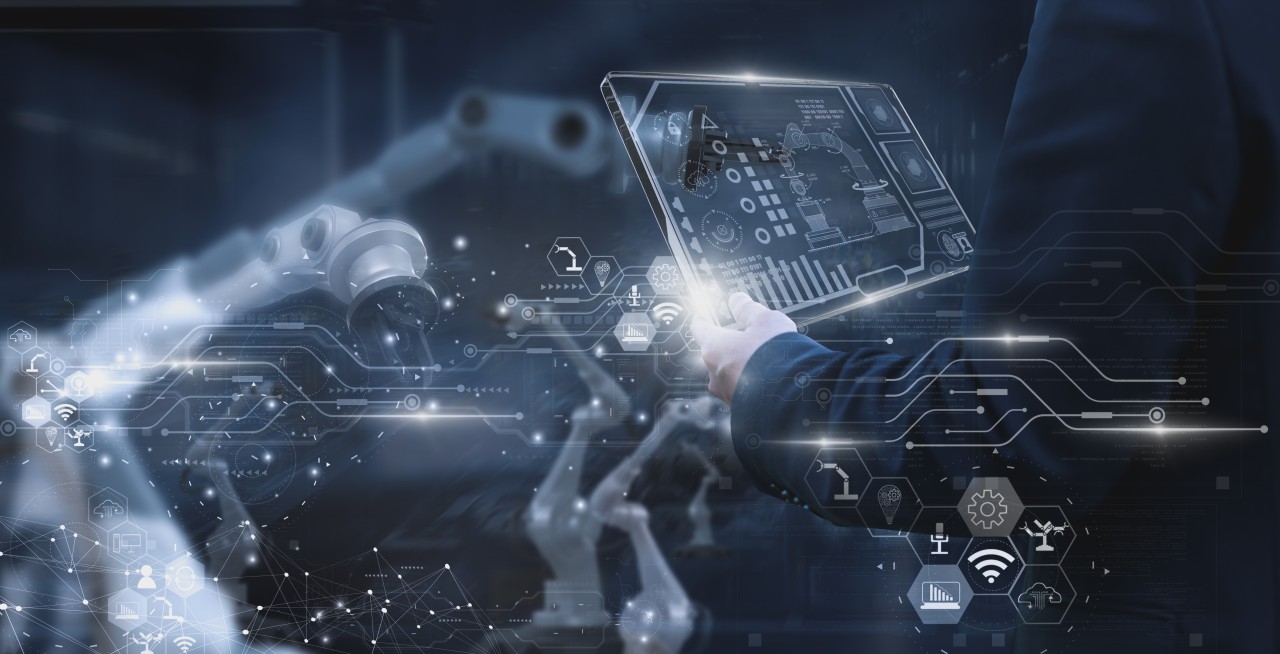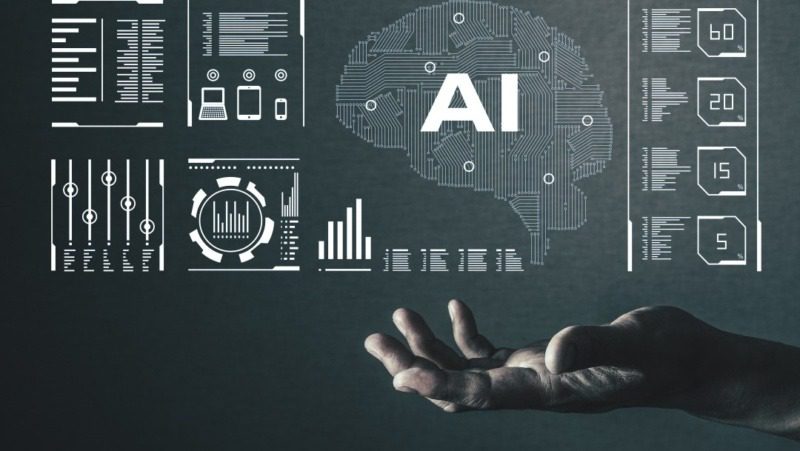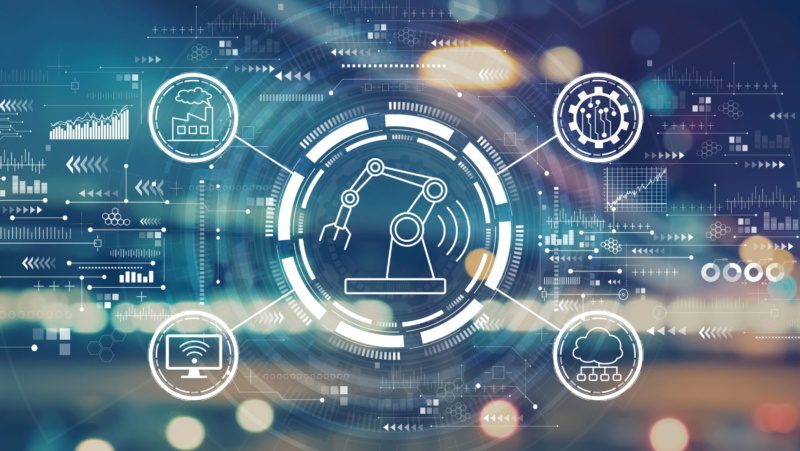The manufacturing industry has long been at the forefront of technological innovation, from the early days of mechanization to the era of automation and Industry 4.0. Aided by cutting-edge technologies, including Artificial Intelligence (AI), cloud computing, and Big Data, the manufacturing industry is undergoing a transformative evolution. AI, in particular, stands out as a pivotal catalyst for realizing unparalleled levels of efficiency and productivity enhancements within the manufacturing domain.
A new class of AI, Generative Artificial Intelligence (Generative AI), is set to transform the landscape once again. This groundbreaking technology is set to revolutionize manufacturing by optimizing product design, streamlining production processes, and driving efficiency to unprecedented heights.
What is Generative AI?
Generative AI is a subset of artificial intelligence that focuses on creating or generating content rather than simply analyzing data or making predictions. Generative AI has numerous applications across various domains, including natural language processing (NLP), image synthesis, music composition, and even drug discovery. It is also the underlying technology for chatbots like OpenAI’s ChatGPT and Google’s Bard, which generate human-like text based on the input they receive.
Applications of Generative AI in Manufacturing
Manufacturing, once defined by manual labor and static assembly lines, is now a realm of automated processes and data-driven decision-making. Here are some ways Generative AI reshaping the industry’s present and future.
Design and Prototyping
One of the most significant applications of Generative AI in manufacturing is in product design and prototyping. Traditionally, product design involves extensive trial and error, which can be time-consuming and costly. Generative AI can accelerate this process by automatically generating design alternatives based on specified parameters and constraints.
Engineers and designers can input their requirements, such as materials, dimensions, and performance criteria, and Generative AI will quickly generate numerous design proposals. This not only speeds up the product development cycle but also encourages creativity and innovation, leading to more optimized and cost-effective designs.
Predictive Maintenance
Generative AI can also be employed for predictive maintenance, which involves forecasting when machinery and equipment will require maintenance or repairs. By analyzing data from sensors and historical maintenance records, AI models can generate predictions, helping manufacturers schedule maintenance activities more efficiently. This approach minimizes unplanned downtime and extends the lifespan of machinery, ultimately leading to significant cost savings.
Quality Control
Quality control is a critical aspect of manufacturing, and Generative AI can greatly enhance this function. Generative AI can analyze data from various sources, including production processes, supply chain, and customer feedback, to identify patterns and trends that can lead to improved product quality and customer satisfaction. By learning from images of products in the past and identifying those that were defective, Generative AI tools can generate a predictive model to determine whether a newly manufactured product is likely to be defective. This can significantly reduce costs and waste associated with defective products.
Supply Chain Optimization
Managing the supply chain efficiently is crucial for manufacturing companies to reduce costs and ensure timely deliveries. Generative AI can assist in optimizing the supply chain by analyzing historical data, market trends, and external factors to generate recommendations for inventory management, demand forecasting, and logistics planning. This results in reduced lead times, lower operational costs, and improved resource allocation.
Conclusion
The synergy between manufacturing and AI is propelling the industry into a future characterized by unprecedented efficiency, precision, and adaptability. AI is not merely a peripheral innovation but a central driving force in reshaping the manufacturing landscape. Technologies such as Generative AI have the potential to transform the manufacturing industry by enabling new levels of efficiency, productivity, and innovation. It can help manufacturers optimize their supply chain and production processes, improve quality control, reduce costs, and create more innovative and sustainable products.



